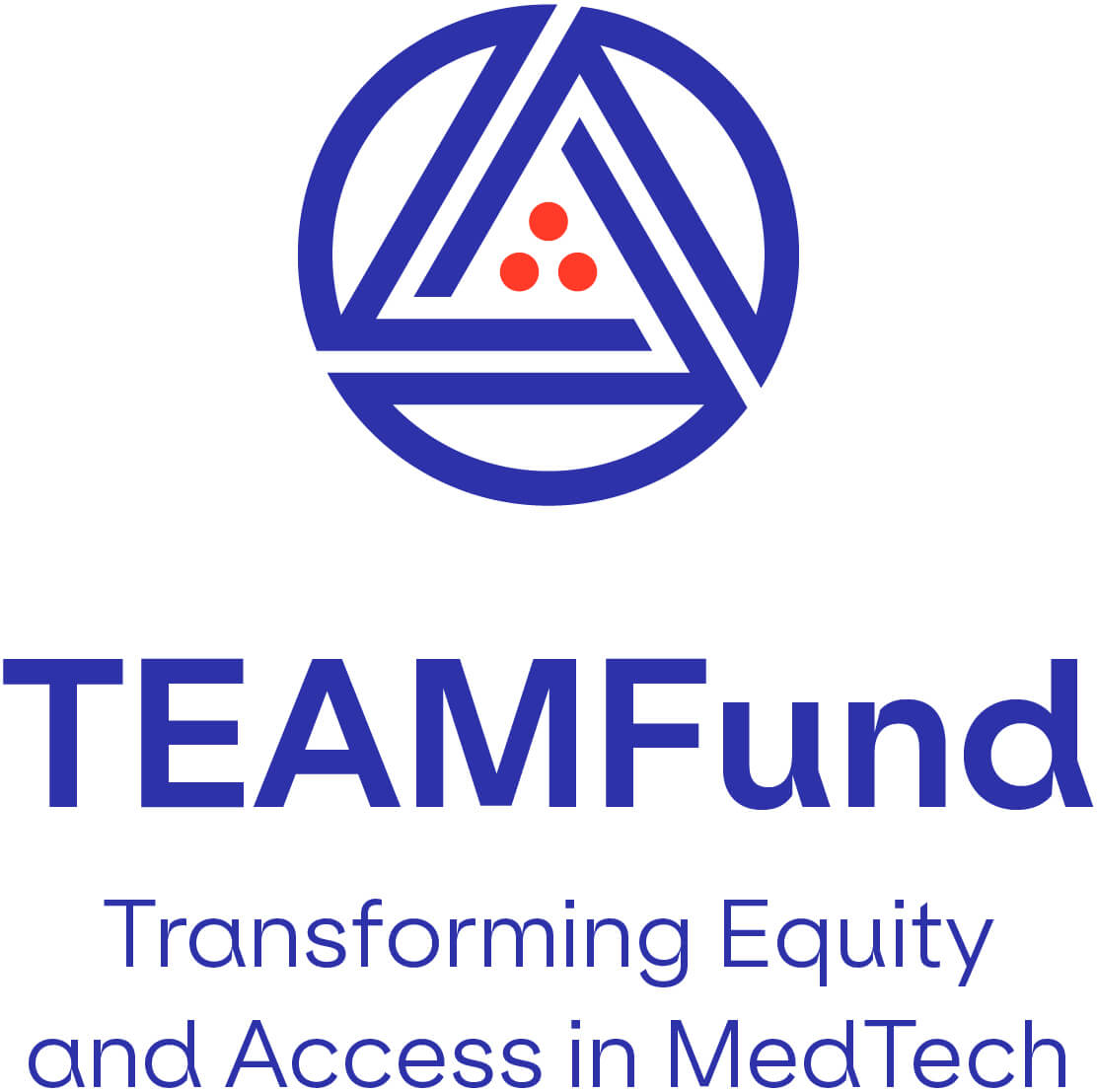News
TEAMFund Closes $30MM Impact Fund
Focus Is on Medical Technology Companies Addressing Non-Communicable Diseases in Low-Resource Settings
September 18, 2019

TEAMFund (“Transforming Equity and Access for MedTech”) – a novel hybrid organization combining a Non-Profit with a For-Profit Fund investing in medical technology companies that improve patient access in low-resource settings – today announced the Final Closing of its $30mm Inaugural Fund.
The Fund is led by longtime MedTech investor, Yousuf Mazhar and Tim Ring, former Chairman and CEO of C.R. Bard. TEAMFund was the inspiration of Ms. Kathryn Gleason, a former Senior Partner at Morgan Lewis, along with Tim Ring.
“Low-resource geographies are often limited in health services, providers, and access to affordable medical technologies needed to address the growing burdens in global health. TEAMFund seeks to address this by identifying innovative technologies and then supporting those companies both financially and through deployment of its more than 55 MedTech Advisors to help them scale, become sustainable, and maximize impact. This has truly become an industry-wide MedTech collaboration: more than 14 MedTech and Pharma companies and an additional 14 former MedTech CEOs have contributed to, or invested in, the Non-Profit or the Fund. We can’t begin to express our deep gratitude to the many companies, Foundations, and individuals who have provided support and advisory experience, and we look forward to continuing to steward this unprecedented MedTech sector initiative on behalf of all of our partners in this effort,” Ring and Gleason said in a joint statement.
TEAMFund invests in commercial-stage companies addressing non-communicable diseases in low-resource settings, with an initial geographic focus in India and Sub- Saharan Africa. “The companies we invest in can be located anywhere as long as they have a commercial footprint in those geographies,” said Managing Partner, Mazhar. “We particularly target those companies with digital health/AI innovations, which we believe will greatly enhance clinician/healthcare worker capability to help combat the severe shortages of doctors, nurses, and other healthcare personnel in these regions. We also believe the convergence of Tech and MedTech not only enhances patient access in low-resource settings, but also can serve as platform technologies in developed markets seeking to improve efficiencies and lowering costs.”
Establishing an impact thesis and impact monitoring are essential components of each investment, and portfolio companies commit to reporting impact achievements as a condition to receiving a TEAMFund investment. “Impact is assessed most meaningfully, when there is evidence-based understanding of the disease burden(s), population(s), and challenges being targeted,” said Gleason, who helps lead the impact science team. “We studied the various impact methodologies commonly used and concluded that MedTech impact really needs customized assessments and reporting. Tapping into the low-resource challenges, needs, and impact potential of a diabetes MedTech company is very different from a cardiovascular or cancer company, and, more generally, MedTech for low-resource populations presents different issues than pharma and healthcare companies operating in this space. We are proud of our Non-Profit for its critical impact research, elevating the importance of impact, and sharing impact learnings with all those who care about global health and MedTech ecosystems serving global health needs,” she said. The Non-Profit continues to seek support for its charitable mission.
TEAMFund has a 10-year horizon, and expects to have 8-10 portfolio companies in the Fund with up to 5 years to commit the capital. To date, the Fund has investments in Forus Health (AI/ophthalmology, www.forushealth.com), Jana Care (digital health/POC diagnostics, www.janacare.com), and Tricog (AI/cardiovascular, www.tricog.com). The Fund is targeting both impact and market returns.